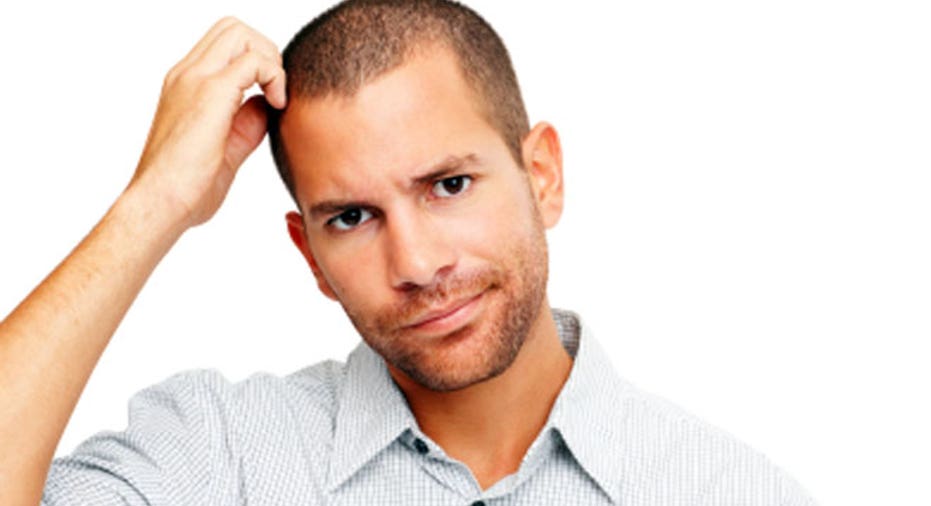Do You Speak Up Enough?

One minute I heard the rumblings of what sounded like kids having a catch in front of my urban home. The next I went to the window just as a football hit it. Thankfully no glass broke, but it left a decent hole in the screen.
I heard them scatter, but one young man came and claimed the ball that was now sitting on the sidewalk. I tried to talk to him when he looked up at me through the window, but he took off, too. Then I realized they were all still hanging outside just a few doors away, so I grabbed a sweatshirt and my keys and went to have a little chat.
“Who’s coming clean with the money to repair my screen?” I asked about eight startled guys hanging around a car. The one in the driver’s seat looked around and said, “Who threw it?” Ranging from about age 12 to 17, they looked at each other, played dumb. I pointed to one in a striped shirt and said, “He came and got the ball, so I know it was one of you.”
They all stared at the ground. I looked at them all and said, “How about an apology? Can I get that? I’m pretty easygoing. I know you made a mistake. But own up to it.”
One after another, I heard, “I’m sorry, I’m sorry, we didn’t mean anything by it …” It felt so sincere. I thanked them and as I walked away asked that they please consider the park across the street next time they wanted to throw a ball.
I relate this story for several reasons. One, I’d like to think they all took something away from that moment and will own up to missteps in the future. But for me, it was a really special feeling to speak up in that situation. You know those moments when you second-guess yourself an hour or a day later? Why didn’t I say anything? What’s the point of internalizing? Isn’t good communication born of actually dealing with stuff? On top of that, did I pass up a teaching moment?
In addition to taking that first step and speaking up, it was important to do it in a way that was firm but not loaded with anger. Even, proportionate to the mishap, but not lingering or in-their-face. Less about emotion, more about message. Push down ego, bring out the level, look-‘em-in-the-eye human being.
I don’t know about the rest of the world, but this is big progress in the world of me, this refining of ability to control emotions, words and actions. It has such a broad range of applications. Recently my cousin posted on Facebook this quote by Joseph Clementi – father of the Rutgers student, Tyler Clementi, who committed suicide in 2010 after being cyber bullied. He said this at a courthouse news conference after the verdict:
“You're going to meet a lot of people in your lifetime. Some of these people you may not like, but just because you may not like them doesn’t mean you have to work against them. You can make the world a better place by being tolerant of others.”
I know this is specific to hatred directed at gay people and I applaud Mr. Clementi for this compassionate message, but I like its big-picture feel as well. As I wrote in my comment under the post on Facebook, tolerance is not always an easy muscle to strengthen. Especially if you’re trying to undo years of socialization, whether it’s a quick temper or deep-seated hatred of those unlike yourself.
“When you see somebody doing something wrong, tell them, ‘That’s not right. Stop it,’” Clementi went on to say.
A call for bravery.
My little football hitting the window story wasn’t about me being courageous as some situations might call for when applying this message. But it was about not being apathetic, about caring enough to address it rather than have a few young men think it’s OK to damage property.
When the consistent role of personal responsibility keeps coming at our young people from different directions (i.e., Lady GaGa’s Born This Way Foundation focusing on victims and bullies), it is bound to sink in somewhere. Maybe that straggler who is going along with his friends’ bad behavior but doesn’t feel good about it hears something and makes a shift. And so on.
“You can make the world a better place,” Clementi said. “The change you want to see in the world begins with you.”
Teach it. Be it. Speak up. No one said it isn’t hard sometimes.
But it’s a whole lot easier than kicking yourself a hundred times over.
Nancy Colasurdo is a practicing life coach and freelance writer. Her Web site is www.nancola.com and you can follow her on Twitter @nancola. Please direct all questions/comments to FOXGamePlan@gmail.com.



















